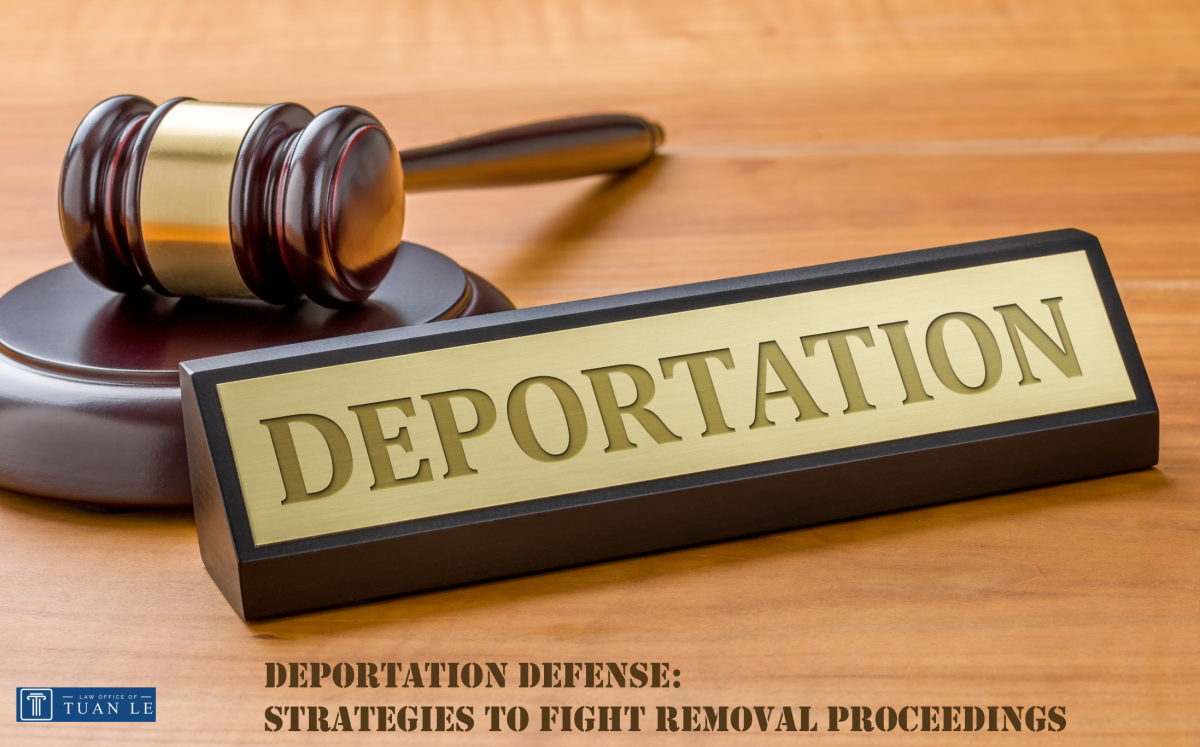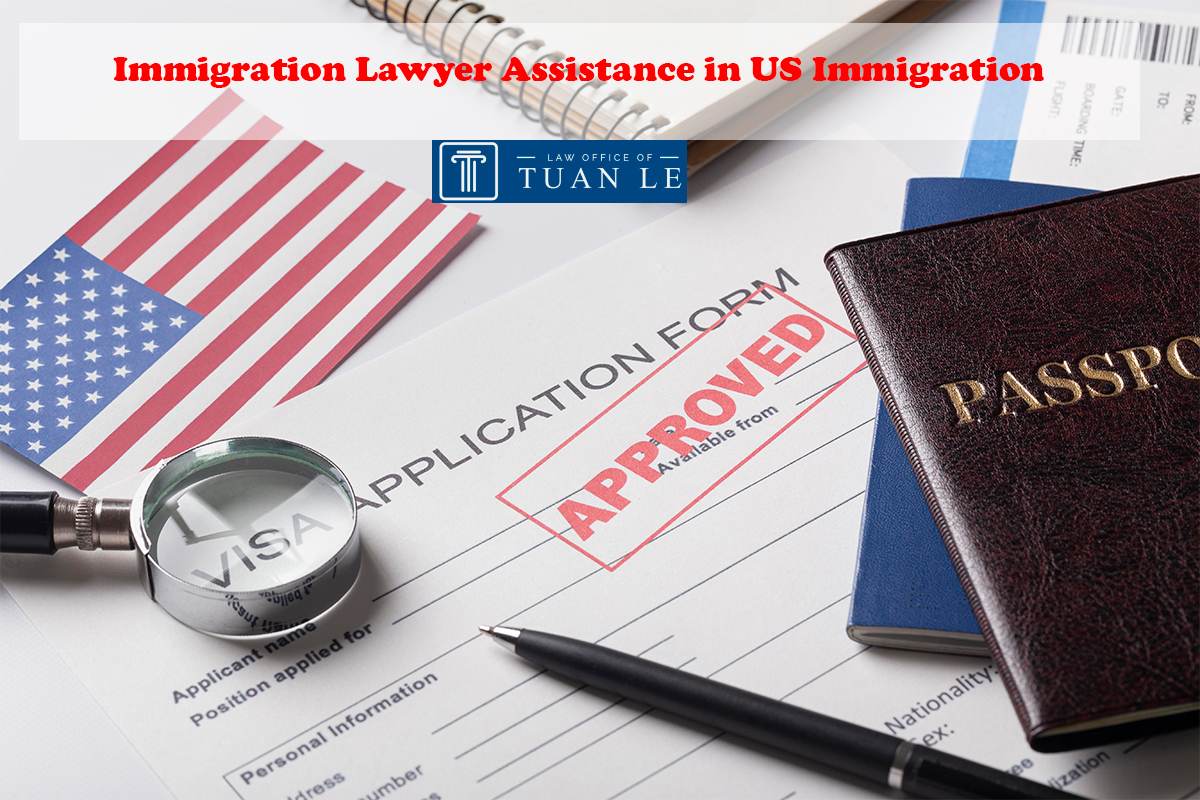Tips on Things to Consider When Moving to California When Immigrating to The US

Just because you speak clear English does not mean you are ready to lawfully travel and immigrate to the state of California. If you plan for immigration to California, you need to follow some essential steps. Going to California as a visitor and settling in the city are two completely different things.
California has around 11 million immigrants, which is 27% of the state’s total population. People come here to live from many different countries such as Mexico, the Philippines, El Salvador, Africa, France, Germany, Italy, Korea, Japan, etc. Many people travel to California in search of jobs and better career prospects. The state has plenty of job opportunities for almost every immigrant. In fact, you can land a job within a week of your arrival in the state. But that is not all; you need to plan in advance and prepare accordingly to get lawfully settled in California.
Given below are seven important tips that you should follow if you plan to immigrate to California in a proper and lawful manner.
1. Consider the Cost of Living
Before you immigrate to California, the first thing to take into consideration is the cost of living in the state. The state is home to some of the richest as well as the poorest cities of America. The cost of living in the Golden State varies from one city to another. When you start budgeting, the main cost is for housing. The average rent for a two-bedroom apartment in California is $1,175.
If you plan to rent an apartment in Los Angeles, you will likely pay higher than the median rent mentioned above. In San Diego, the two-bedroom rent is even higher, around $2,050 on average.
Depending on your specific needs, you may either want to rent an apartment or buy a property altogether. Whatever is your need, you should seek the expert consultation of a financial advisor. Any decision that you make in this regard should be well-thought and should fit into your overall financial plan. Utility bills in California are not very high. You can expect to pay an electricity bill of $101.50 every month. Food expenses vary from one place in the state to another.
2. Think About Transportation Expenses
While California has a wide network of highways, the state is also known for its massive traffic. Every city in the state has its own public transit system, but each of them has its own features and rules.
In terms of regular gas pricing, you will find California to be the costliest in the entire United States. You can choose to commute or travel through public transport, but you should always have extra time in your hands. Due to heavy traffic, a 20-minute trip can take over an hour. It is a good idea to own a car, especially if you plan to pursue job opportunities in the state. Traveling by car will also make it easy for you to visit multiple locations and enjoy the experience.
3. Know the Tax Rates
When you plan to immigrate and settle in California, you should know about the income tax, sales tax, and property tax rates as well. This will help you prepare and plan your taxes in an effective manner.
The income tax rate in California is one of the highest in the United States. The top income tax bracket has a 12.3% rate. If you fall in the bottom income tax bracket, you will pay only 1% in state income taxes. If the total amount of your taxable income is above $1 million, the total tax rate will be 13.3%. Sales taxes in the state are also charged at a high rate. However, the property taxes are not very high. In fact, the property tax rate in the state is a little less than the national average.
4. Health Insurance is Expensive

Taking care of your health in California is expensive. Even if it is only a doctor’s visit, you will need to shell out $200 or more. If you have an emergency medical situation, the cost of treatment can be several thousand dollars. That is why you should plan to buy health insurance with proper coverage.
If you purchase a health insurance plan, you should be ready to pay at least $100 a month in premium. Better plans will cost you more. If you manage to land a good job with health insurance coverage within the first year of your immigration to California, you should consider yourself lucky. Living in this state without having medical insurance is quite risky. Once you are in California, buying a health insurance plan should be one of your topmost priorities.
5. Use Ways to Cut Down Your Living Cost
While living in California can be expensive, there are always many ways that you can use to bring down the cost of living.
To reduce your housing budget, you can choose to live away from the main city. Renting an apartment away from the city is a good way to save money. Another tip is to invest in a retirement plan. Most immigrants to California do not invest in a retirement plan, which is a mistake. If you plan for your retirement early, you will be able to have peace of mind as you continue to live in the state. It is also a good idea to plan to do two jobs once you are in California. Many people are unable to bear the expenses with just one job. But doing two jobs will put you in a much better position financially, and you will also be able to save more money in the process.
6. Get an Immigration Visa
Before you step into the United States, you will require a visa as an endorsement of your passport. There are several categories of visas, each of which has its own set rules and application guidelines for approval. If you plan to live permanently in the state of California, you will need an immigrant visa. Non-immigrant visas provide stay on just a temporary basis.
To apply for and receive an immigrant visa, you will require the assistance of a US-based sponsor, which could be either a relative who is a US citizen or an employer-based in the US. The sponsor must have the approval of the U.S. Citizenship and Immigration Services department. So, your immigration visa can be employment-based or family-based. You will need to furnish the required documents to complete the entire procedure and acquire your visa. A lawyer will help you complete all the steps in an effective and error-free manner.
7. You will Need the Help of an Immigration Attorney

You may have visited California multiple times before. But immigration to California is a totally different case. To make the process easy, you will need help from someone who is living and working in the state.
When you are looking for someone for help, the best person is an immigration attorney who is based in California itself. The laws relating to permanent residency in the state keep changing. A competent lawyer who specializes in immigration matters will be the ideal person to turn to for help. Getting a green card is not easy, as there are multiple rules and terms in regard to the same. An immigration lawyer will answer your queries and help you navigate the challenges you will face in California in order to make your settlement fast and hassle-free.
Do You Plan to Immigrate to California?
If you plan to migrate to California, you should work with an immigration attorney who has experience in successfully dealing with all the visa procedures and documentation work. Located in Orange, CA, the Law Office of Tuan Le has a competent team of highly competent and experienced attorneys who have helped thousands of foreigners migrate to the state of California. Our law firm specializes in the areas of immigration to the US, estate planning, and bankruptcy. Mr. Tuan Le himself serves as a member of the State Bar of California. We are fully confident that we can help you successfully migrate to the state of California while dealing with all the immigration laws, green card approval, and visa procedures in a professional manner.
After your arrival in California, our law firm will also help you get a social security card and a driver’s license as well as open a bank account so that you can properly settle in your new home. Feel free to give our office a quick phone call or write us an email to schedule your free consultation.
The information provided on this page or article does not, and is not intended to, constitute legal advice; instead, all information, content, and materials available on this this page or article are for general informational purposes only. Information on this this page or article may not constitute the most up-to-date legal or other information.
Readers of this this page or article should contact their attorney to obtain advice with respect to any particular legal matter. No reader, user, or browser of this this page or article should act or refrain from acting on the basis of information on this site without first seeking legal advice from counsel in the relevant jurisdiction.
By Tuan Le|June 15th, 2021|Immigration|Comments Off
About the Author: Tuan Le
Are you dealing with an immigration issue or planning to file for bankruptcy? Mr. Tuan Le is an expert attorney who offers representation in all these areas.




.jpg)
.jpg)

.jpg)














